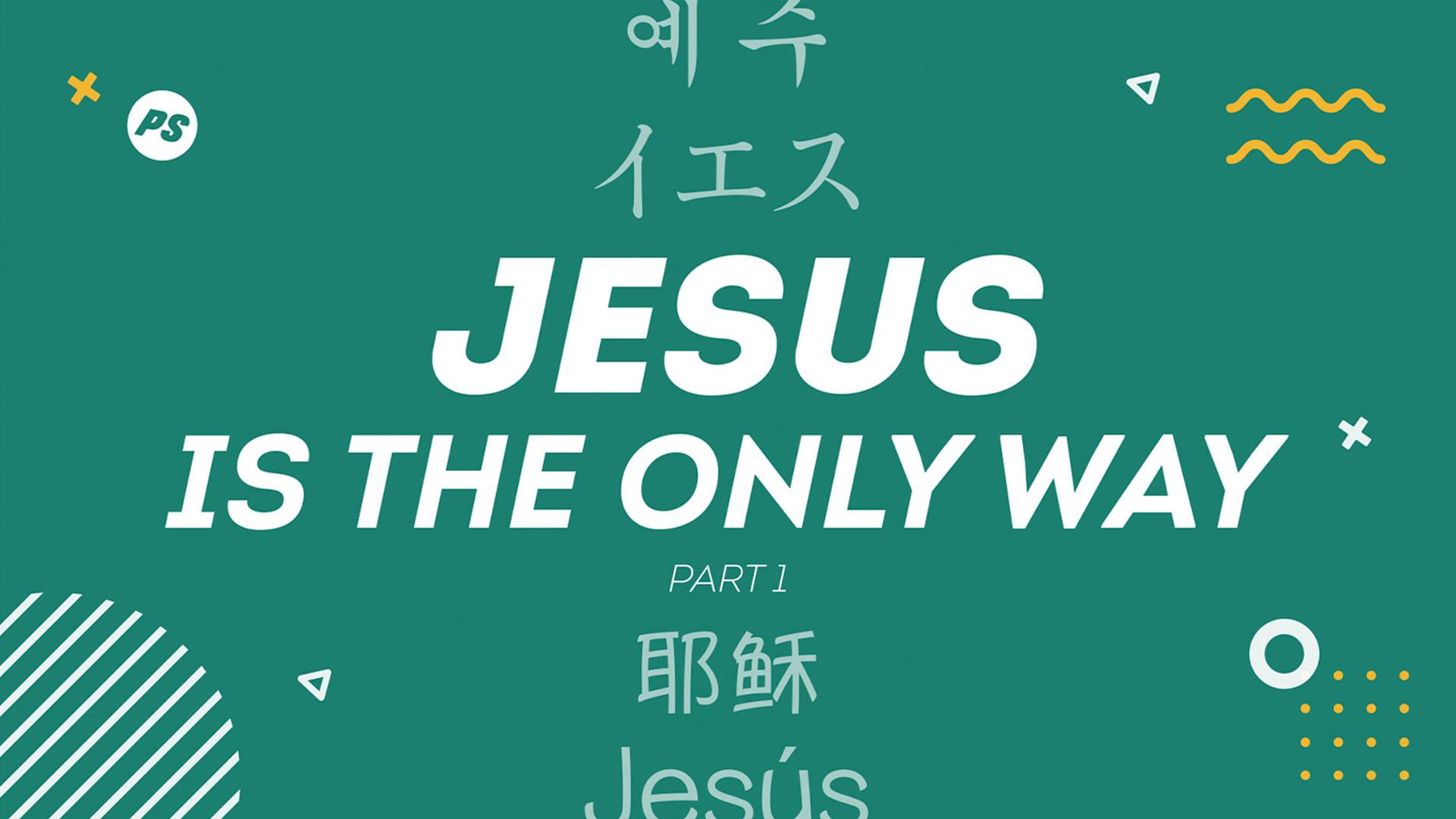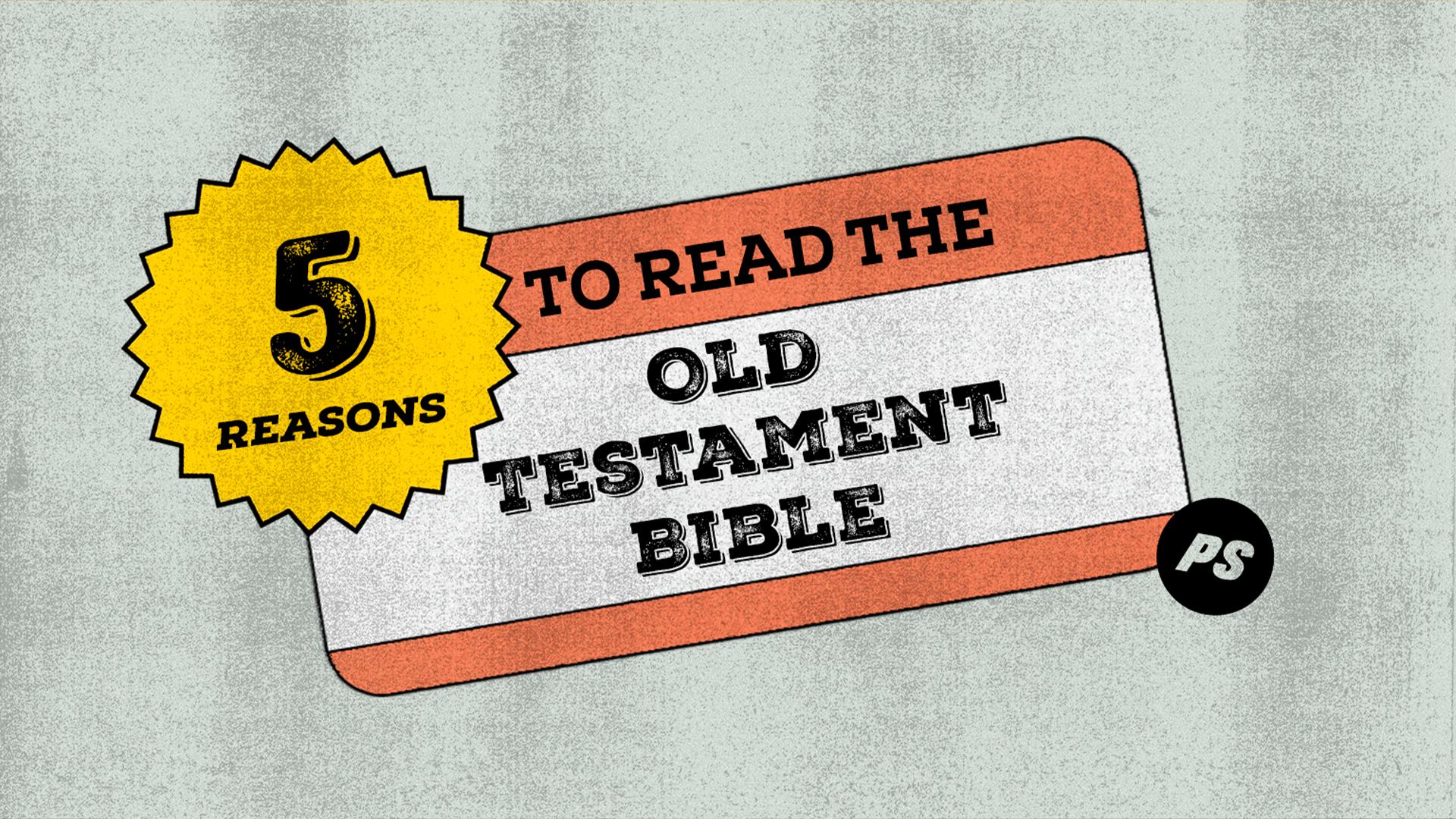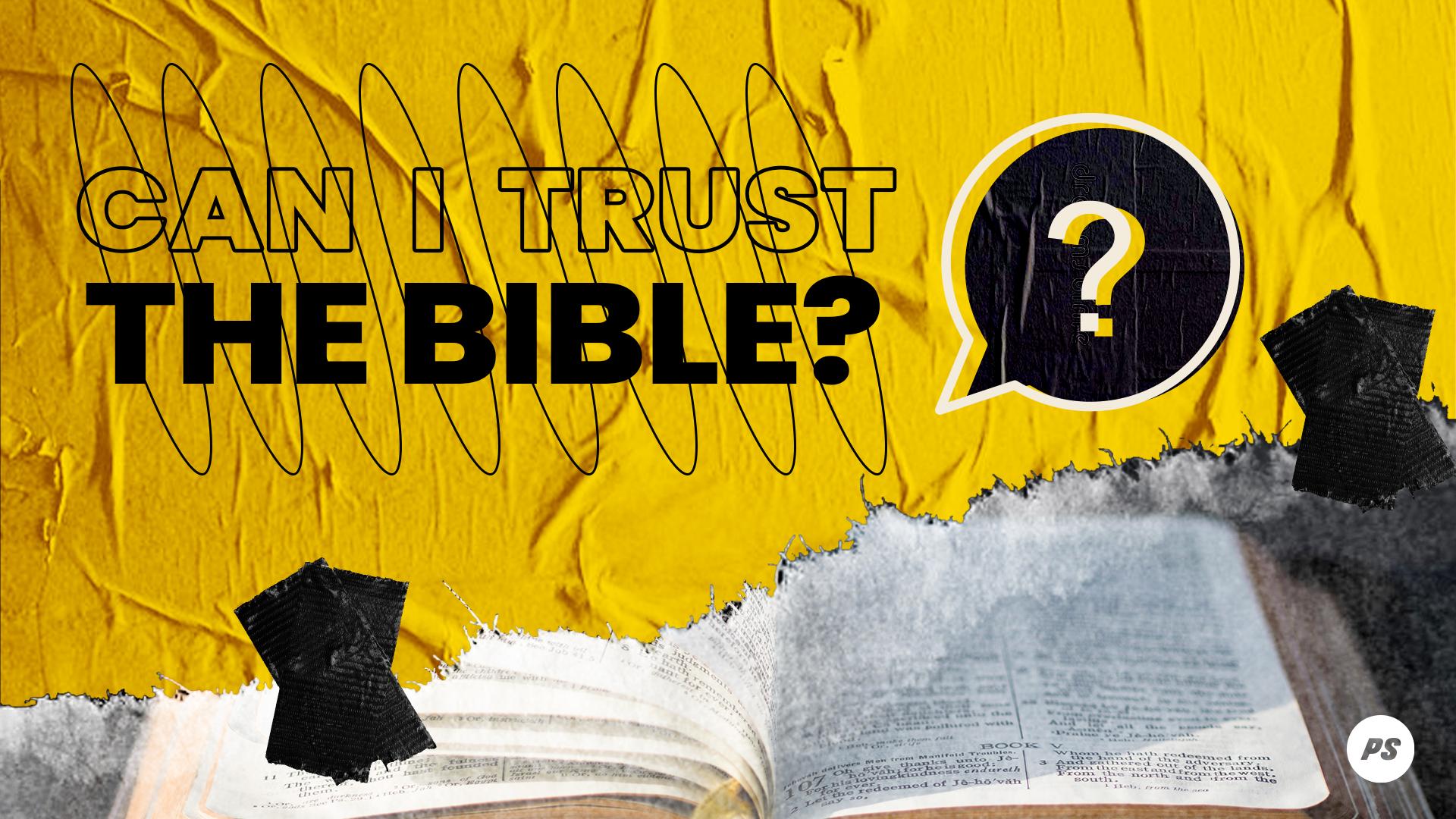Exclusivity in Christianity is a sticking point for many. In the search for God amongst the abundance of available religious options, many are left asking the questions, “Why should I choose to believe in Jesus?” and “How can you prove that Jesus is the only way?” When people say that Christianity is an exclusive religion, they are partly wrong and partly right. Christianity does not exclude people. And this is a point which we would do well to remember when we find God’s grace being extended to people who are not like us and who do not think like us. In this respect, Christianity is radically inclusive. God’s offer of
salvation and eternal life is extended to all. All are called to come. Jesus died for all.
God’s offer of salvation and eternal life is extended to all. All are called to come. Jesus died for all.
One of Christianity’s most enduring and influential hymns, Amazing Grace, was written by John Newton, a man who as a former slave trader had been the cause of untold misery and suffering to tens of thousands of people prior to his conversion. If anybody was an unlikely candidate for, well, ‘amazing grace’, it was him (and that’s kind of the point of the song).
Those of us who are Christians, of all people, cannot and should not ever claim that any person (or type of person for that matter) is beyond the reach of God’s redeeming love.
But on the other hand, Christianity is an exclusive faith, and, might I say, counter culturally-so, in this day and age.
This truth is found in
John 14:6. Jesus had been reassuring His disciples by telling them that He was going to His Father’s house to prepare a place for them and that He would surely return to take them to be with Him. At the end of
John 14:4, Jesus says to them, “you know where I am going, and you know the way.” Thomas answered (it would have to be Thomas, wouldn’t it?) “Lord, we don’t even know where you are going, so how can we know the way?” Jesus answered with those famous words, “I am the way, the truth and the life. No one comes to the Father except by me.”
There is only one Way. Only one Truth. Only one Life. This means that every other way is a dead-end, every other truth is superseded and no other life is worth living.
Thomas was hung up on the destination and the directions, but Jesus was talking about destiny and dependence. When Jesus told them that they knew where He was going, He was referring to what He had already told them. He was going to the Father. That is ultimately where He was leading each one of them and is leading each one of us. And that is all that they needed to know. When He told them that they already knew the way, He was not referring to the path of their natural life that they would travel to its end. Little did they know that the way ahead for each man listening to those words involved trials and triumphs, suffering and glory, and in all but John’s case, a horrific death. But those were just the details. He was not telling them about that. He was referring to Himself, the living Way to the ultimate destiny of relationship with the Father.
I may not always know where I’m going day to day, how my life will end up here on earth or where I will end up - but I know the Way and that is all I need to know.
I find that a wonderfully encouraging thought. I may not always know where I’m going day to day, how my life will end up here on Earth or where I will end up - but I know the Way and that is all I need to know. He is the road that I travel on. It’s a narrow road (
Matthew 7:13) and it's the only one that leads to where I’m going. I don’t get to see the whole road at once.





